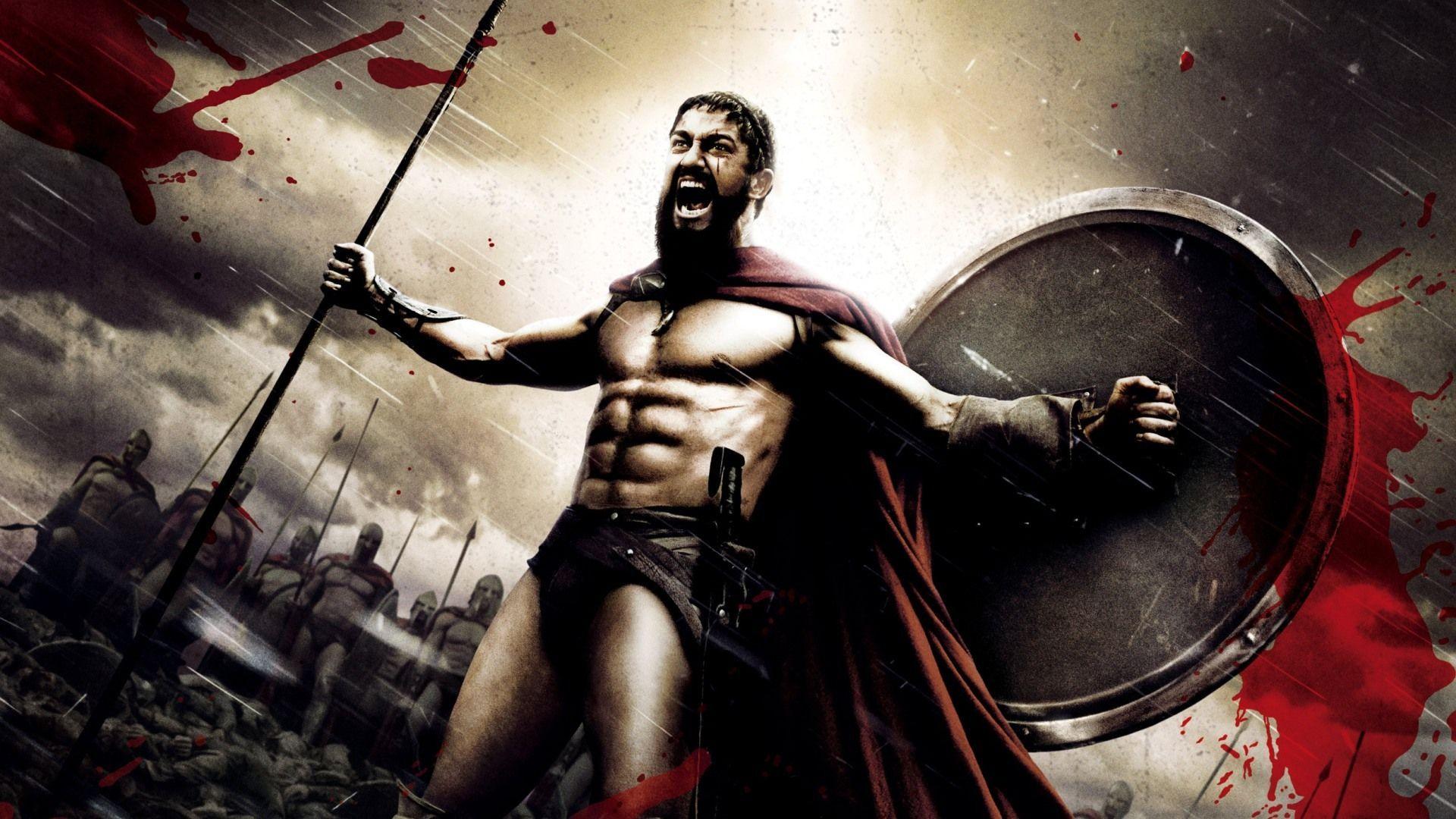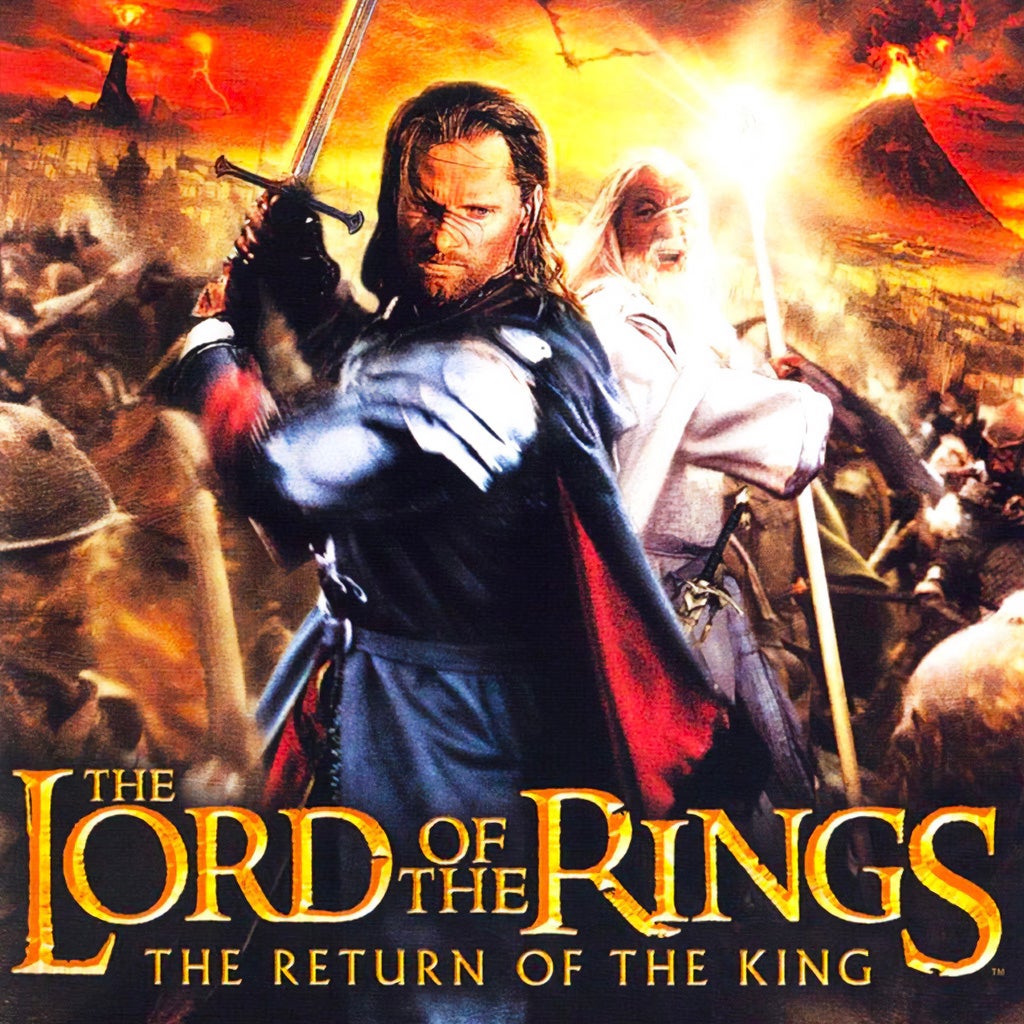Examine the role of the Auteur Theory Movie Industry
Explore the significance of auteur theory in the movie industry. Learn how auteur directors shape cinema. Auteur theory's impact.

The Auteur Theory Movie Industry and Its Significance
The Auteur Theory is a concept that has revolutionized the way we perceive and appreciate films. Coined by French film critics in the 1950s, it emphasizes the director as the primary creative force behind a movie, elevating them to the status of an "auteur" or author. This theory suggests that a film should reflect the unique artistic vision and style of its director, making them the ultimate storyteller and shaping the overall cinematic experience.
What makes the Auteur Theory significant is its ability to recognize and celebrate the distinct voices and creative minds behind some of the most influential and timeless films in history. It allows us to delve deeper into the comprehension and interpretation of a movie, understanding how the director's personal experiences, beliefs, and creative choices shape the narrative, characters, and visual aesthetics.
By acknowledging the director as the driving force behind a film, the Auteur Theory encourages a deeper appreciation for their artistic choices and the impact they have on the final product. From the use of specific camera angles and lighting techniques to the selection of actors and the overall thematic coherence, each decision made by the director contributes to the overall artistic vision and message conveyed by the film.
Furthermore, the Auteur Theory has sparked debates and discussions about the role of other creative contributors to a film, such as the screenwriters, cinematographers, and editors. While they undoubtedly play crucial roles in the filmmaking process, the Auteur Theory maintains that the director is the guiding force that unifies and shapes their collective efforts into a cohesive and distinctive cinematic work.
In conclusion, the Auteur Theory introduces us to a new lens through which we can analyze and appreciate films. By recognizing the director as the driving creative force behind a movie, we gain a deeper understanding of their artistic vision, the impact of their choices, and their unique contribution to the movie industry. Through this theory, we can unravel the artistry and brilliance of the visionary directors who have shaped the landscape of cinema.
Origin and development of the Auteur Theory Movie Industry
The Auteur Theory, a concept that has revolutionized the way we perceive filmmaking, originated in the mid-20th century. It emerged as a response to the prevailing notion that films were purely a collaborative effort, with directors merely serving as facilitators of the creative process. However, a group of French film critics, led by Andr Bazin and Fran ois Truffaut, challenged this belief and argued that certain directors exhibited such a distinct artistic vision and personal style in their films that they deserved to be recognized as the sole "authors" of their work.
This groundbreaking theory gained momentum in the 1950s and 1960s, coinciding with the rise of the French New Wave movement. Filmmakers like Truffaut, Jean-Luc Godard, and Claude Chabrol, who were deeply influenced by the Auteur Theory, began to create films that reflected their unique artistic sensibilities and personal experiences. They rejected the conventional studio system and embraced a more independent approach to filmmaking, often writing, directing, and even producing their own films.
The Auteur Theory suggests that a director's authorial stamp is evident throughout their body of work, regardless of the genre or subject matter. It emphasizes the significance of the director's creative decisions, such as cinematography, editing, and storytelling techniques, in shaping the overall artistic vision of a film. According to this theory, the director is the driving force behind a film, akin to a painter creating a masterpiece or a writer penning a novel.
Over the years, the Auteur Theory has been both praised and criticized. Supporters argue that it celebrates the artistry and individuality of filmmakers, allowing them to express their unique perspectives and creative ideas. It highlights the director as the central figure in the filmmaking process, providing a framework for analyzing and appreciating their work. However, critics argue that it overlooks the collaborative nature of filmmaking and diminishes the contributions of other key individuals, such as screenwriters, cinematographers, and actors.
Despite the ongoing debate surrounding its validity, the Auteur Theory remains a significant and influential concept in the realm of cinema. It has shaped the way we perceive and discuss films, elevating certain directors to the status of revered auteurs whose works are celebrated for their distinct artistic merit. By recognizing the origin and development of the Auteur Theory, we gain a deeper understanding of the artistic visionaries who have left an indelible mark on the movie industry.
Understanding the role of the director as an auteur
To truly appreciate the art of filmmaking, it is crucial to understand the role of the director as an auteur. In the world of cinema, an auteur refers to a filmmaker who possesses a distinct artistic vision and creative control over their films. These directors are not just mere technicians behind the camera; they are the driving force that brings a story to life and shapes it into a unique piece of art.
Unlike other collaborative art forms, such as theater or television, where the director's role is often limited to executing someone else's vision, the auteur filmmaker has the power to leave their mark on every aspect of the film. From the script development to the casting choices, from the cinematography to the editing, the director's artistic sensibilities permeate every frame of the movie.
The auteur theory, developed by French film critics in the 1950s, argues that the director is the true author of a film, rather than the screenwriter or the producer. It suggests that a director's body of work reflects their unique artistic style, thematic concerns, and personal obsessions. Through the consistent use of visual motifs, storytelling techniques, and recurring themes, auteurs create a signature cinematic language that distinguishes their films from others.
Some notable examples of renowned auteurs include Quentin Tarantino, Christopher Nolan, Stanley Kubrick, and Martin Scorsese. Each of these directors has a distinctive style that is instantly recognizable. Tarantino's films are characterized by nonlinear narratives, sharp dialogue, and stylized violence. Nolan is known for his mind-bending storytelling, complex narratives, and meticulous attention to detail. Kubrick's films often explore existential themes, feature stunning cinematography, and exhibit a meticulous approach to production design. Scorsese's works are marked by their gritty realism, exploration of morality, and use of music as a narrative tool.
Understanding the role of the director as an auteur allows us to appreciate the depth and complexity of a filmmaker's creative vision. It helps us to dissect their films, analyze their choices, and uncover the underlying themes and messages they seek to convey. By recognizing the director as the primary artistic force behind a film, we gain a deeper appreciation for the artistry and craftsmanship that goes into creating a cinematic masterpiece.
Key characteristics and traits of an auteur
When it comes to the world of filmmaking, the concept of the auteur has always fascinated and captivated both cinephiles and industry professionals alike. An auteur is not just a director, but an artist with a distinctive artistic vision and voice that transcends the boundaries of conventional filmmaking.
There are several key characteristics and traits that define an auteur. Firstly, an auteur possesses a profound and unique perspective on storytelling. They have a clear vision of what they want to convey through their films, often exploring complex themes and ideas that challenge societal norms and provoke thought in the audience. This artistic vision is what sets them apart, as their films become a reflection of their personal beliefs and experiences.
Another crucial trait of an auteur is their meticulous attention to detail. They are involved in every aspect of the filmmaking process, from scriptwriting to editing, ensuring that each element aligns with their artistic vision. Whether it's the choice of camera angles, lighting techniques, or the use of symbolism, every decision made by an auteur is intentional and serves a purpose in enhancing the overall narrative.
Furthermore, an auteur often displays a consistent style and recurring thematic motifs throughout their body of work. This distinctive signature allows audiences to identify their films instantly, creating a sense of anticipation and expectation with each new release. From the recurring visual motifs to the thematic exploration of love, identity, or existentialism, these elements become trademarks of an auteur's style, showcasing their unique voice in the cinematic landscape.
Additionally, an auteur is not afraid to take risks and push the boundaries of filmmaking. They are willing to experiment with unconventional storytelling techniques, innovative cinematography, or non-linear narratives, challenging the traditional norms of the industry. This fearlessness in pursuing their artistic vision allows them to create groundbreaking and thought-provoking films that leave a lasting impact on audiences.
In conclusion, the key characteristics and traits of an auteur encompass their distinctive artistic vision, meticulous attention to detail, consistent style, and willingness to take risks. These qualities allow them to create films that transcend mere entertainment and become true works of art, leaving a lasting legacy in the realm of cinema. The auteur theory continues to unveil the artistic visionaries of the movie industry, celebrating their unique contributions to the world of filmmaking.
Famous auteurs and their unique artistic vision
Throughout the history of cinema, there have been numerous filmmakers who have left an indelible mark on the industry with their unique artistic vision. These auteurs, as they are often referred to, are known for their distinct style, thematic preoccupations, and auteurist trademarks that make their films instantly recognizable.
One such iconic auteur is Quentin Tarantino, whose films are characterized by their nonlinear storytelling, sharp dialogue, and a relentless blend of genres. From "Pulp Fiction" to "Kill Bill" and "Inglourious Basterds," Tarantino's movies are a masterclass in cinematic storytelling, often paying homage to different eras and genres while still infusing them with his own signature style.
Another renowned auteur is Wes Anderson, whose visually stunning films are a testament to his meticulous attention to detail and whimsical storytelling. With a distinctive color palette, symmetrical compositions, and quirky characters, Anderson's films like "The Grand Budapest Hotel" and "Moonrise Kingdom" transport viewers into a meticulously crafted world that is uniquely his own.
The visionary director Christopher Nolan is also widely recognized as an auteur, known for his complex narratives, mind-bending concepts, and technical prowess. Films like "Inception," "Interstellar," and "The Dark Knight" showcase his ability to weave intricate stories, challenge traditional filmmaking conventions, and immerse audiences into thought-provoking cinematic experiences.
The list of famous auteurs goes on, each with their own distinct artistic vision and storytelling approach. Directors such as Stanley Kubrick, Martin Scorsese, and David Lynch have all left an indelible mark on cinema, pushing boundaries, and creating films that are as thought-provoking as they are visually stunning.
These auteurs have not only shaped the medium of film but have also garnered a dedicated following of fans who eagerly anticipate each new project. Their unique artistic vision has not only entertained audiences but has also inspired and influenced countless filmmakers, creating a lasting legacy in the annals of cinema history.
In conclusion, the impact of famous auteurs on the movie industry cannot be overstated. Through their unique artistic vision, they have redefined storytelling, challenged conventions, and left an enduring mark on cinema. Their films continue to captivate audiences, sparking conversations, and pushing the boundaries of what is possible in the realm of visual storytelling.
What's Your Reaction?


















